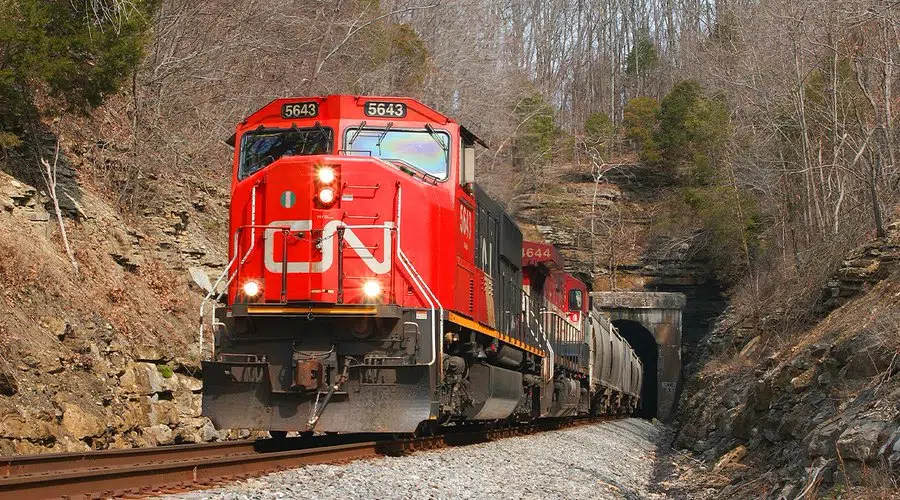
A sigh of relief from businesses, farmers, mining companies and many other segments of the Canadian economy.
The first ever simultaneous labour disruption at the two major railways in Canada will end quickly.
It began at 12:01am EST—but by mid-afternoon on Thursday, Federal Labour Minister Steven MacKinnon instructed the Canada Industrial Relations Board to proceed with binding arbitration, which should get trains moving again within a couple of days.
“The process is that I direct the Canada Industrial Relations Board. They, of course, are an independent body, an arm’s length body. They have a process that includes and requires consultation with the parties. They will be doing that and rendering a decision, I hope very quickly.”
Daryl Fransoo farms in the Barthel district in northwest Saskatchewan and is the Chair of the Wheat Growers Association.
“I’m definitely pleased. It’s too bad we couldn’t have got to this point before some of the damage was already done. I’m happy that Minister MacKinnon acted quickly. A one- or two-day shutdown isn’t terrible. It could have been avoided, let’s be honest.”
He adds that railways should be designated as an essential service.
The Chair of the Saskatchewan Wheat Development Commission, Jake Leguee says there is still an economic cost.
“Railways have already been slowing shipments for the past few weeks. They paused shipments of anhydrous ammonia for example and other hazardous materials. Grain movements slowed, and it’s going to take a couple of days to get things going on. And when every day of delay costs us a week to get back on track, it’s still not a no-consequence situation.”
Unionized rail employees have been without a contract since the beginning of the year. The main stumbling blocks have been scheduling and work/life balance.

























